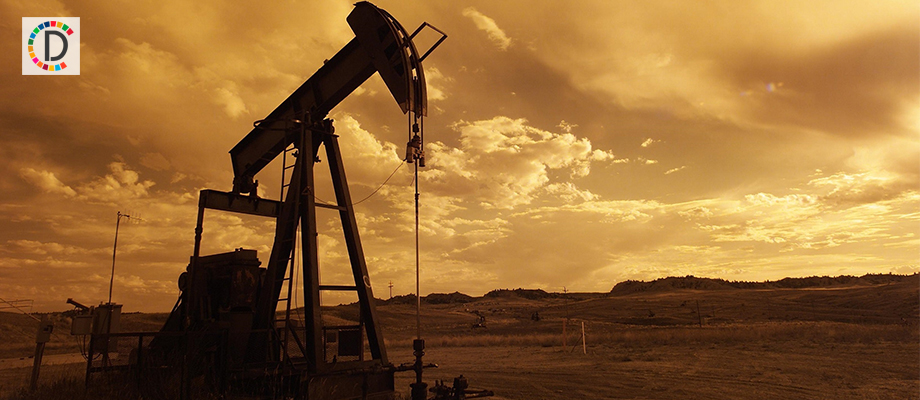Germany's Hydrogen Bet: A Network for the Future
Germany is embarking on a major hydrogen network project, with KfW lending 24 billion euros to develop it. The network, crucial for decarbonizing the economy, is facing skepticism from companies over feasibility and cost. Existing gas pipelines will form part of the network, requiring significant investments.

Germany is banking on hydrogen as a key player in its decarbonization strategy, with KfW stepping up to finance a massive 24 billion euro project aimed at building a hydrogen network by 2032. This ambitious endeavor is seen as essential to integrate renewable energy into the power grid.
The planned 9,040-kilometer network seeks to tackle the challenge of reducing reliance on natural gas. Although existing pipelines will cover 60% of the network, the transition to hydrogen infrastructure will necessitate substantial investment. KfW aims to offset these costs through an amortisation account, with plans for financial recoupment by 2055.
Despite the grand vision, there is rising doubt among German firms about the viability of Berlin's hydrogen goals. Norwegian energy firm Equinor's withdrawal from export plans and Uniper's hesitation regarding an 8 billion-euro investment signal significant hurdles. Rising fees and lower-than-expected demand add to the skepticism surrounding this ambitious project.
(With inputs from agencies.)
ALSO READ
Revival of Stalled Pune Police Housing Project with ₹600 Crore Dutch Investment
IFC's Record $12.2 Billion Investment in Asia Pacific Drives Impact on Climate, Gender Equality, and Economic Growth
Chubu Electric Deepens Green Energy Commitment with OMC Power Investment
Maharashtra saw highest foreign direct investment after formation of BJP-led Mahayuti govt: PM Modi at Chhatrapati Sambhajinagar rally.
Investment Diplomacy: Qatar and Turkey Forge Strategic Ties










